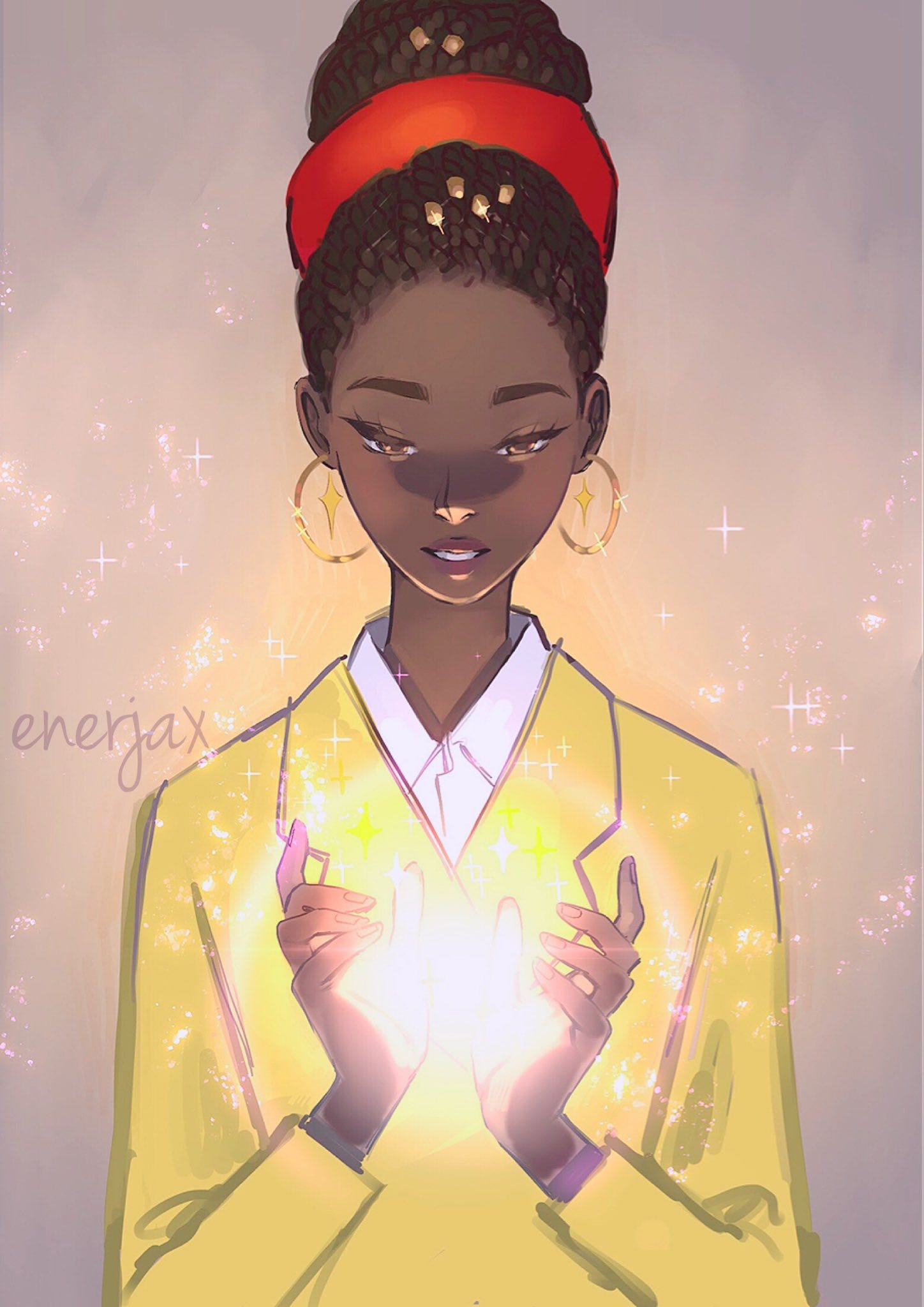Welcome to the 20th volume of Morning Pages, a newsletter sharing inspirations to help you cultivate creativity and fulfillment in life.
Last Wednesday, the 22-year-old inaugural poet Amanda Gorman captured the heart and soul of America with her poem “The Hill We Climb.” In a CNN interview, Amanda gave a sneak peek into her creative process and her journey overcoming a speech impediment.
“Writing poetry is like conducting the sun.” Poetry can be an instrument for social change. It reminds us not only of who we are but who we could be.
To further my understanding of her poem “The Hill We Climb,” I watched a YouTube video by Dr. Tim Mcgee. The line-by-line study of the poem made me more in awe of Amanda’s brilliance.

My love for Chinese poetry
Chinese poetry has always been fantastical to me. I’ve always enjoyed reading it since I was young. It made me a better writer and inspired me to paint. When I came to the US years ago with only two large suitcases and a big dream, the only books I carried with me were poetry. It kept me optimistic and brought me closer to home when I was feeling the nostalgia and culture shock.
Some of my all-time favorite modern Chinese poets:
They’re among a group called 朦胧诗人/Misty poets, a new generation of poets who flourished in China from 1979 until the student uprisings of 1989. They are so named because their work has been officially denounced as "obscure" misty" or "hazy" poetry. But according to Gu Cheng, "the defining characteristic of this new type of poetry is its realism—it begins with objective realism but veers towards a subjective realism; it moves from a passive reaction toward active creation."
Recently, I discovered a series of typographic posters inspired by some iconic misty poems. The designer visualized the distinct emotional color and rational thinking of Misty Poetry with some interesting type experiments.
Want to read more poetry?
Chinese modern poetry
If you're interested in reading modern Chinese poetry, here are some great ones to begin with.
《乡愁》by 余光中(Yu Kwang-Chung )
《雨巷》by 戴望舒 (Dai Wangshu )
《断章》by 卞之琳(Bian Zhilin )
《再别康桥》by 徐志摩(Xu Zhimo )
《面朝大海,春暖花开》by 海子(Hai Zi)
Chinese classical poetry
A great translation of poetry is a labor of love. Classical Chinese poetry is perhaps the most difficult literature to translate. If you're interested in reading classical poetry from Tang and Song dynasties, this bilingual selected collection translated by the master 许渊冲(Xu Yuanchong) would be a great choice.
English poetry
I recently asked for recommendations on Twitter. My former colleagues, who are also brilliant writers or authors, shared some great suggestions. I’m excited to read more poems on nature from Mary Oliver, whose work was influenced by the scenery of Cape Cod in Massachusetts.
“Also All” by Shu Ting
“Also All”《这也是一切》is one of my favorite Chinese modern poems. Its words gave me hope and strength during uncertain times. 舒婷(Shu Ting) wrote this poem as a response to 北岛(Bei Dao)’s poem “All”《一切》. By speaking up about their feelings, both poems expressed a quiet opposition to the government at power.
I was delightfully surprised to discover an advanced study of the two poems together by Dr. Tim Mcgee. You can watch the YouTube video here.
Also All
Not all trees are felled by storms.
Not every seed finds barren soil.
Not all the wings of dream are broken,
nor is all affection doomed to wither in a desolate heart.
No, not all is as you say.
Not all flames consume themselves, shedding no light on other lives.
Not all stars announce the night and never dawn.
Not every song will drift past every ear and heart.
No, not all is as you say.
Not every cry for help is silenced,
nor every loss beyond recall.
Not every chasm spells disaster.
Not only the weak will be brought to their knees,
nor every soul be trodden under.
It won't all end in tears and blood.
Today is heavy with tomorrow—
the future was planted yesterday.
Hope is a burden all of us shoulder
though we might stumble under the load.
— Shu Ting
Thank you for reading this volume of Morning Pages. All views in this newsletter are my own. If you’re enjoying this newsletter and want to express your appreciation, spread the word and support the studio for the price of a cup of ☕️.
Yuan Studio is a space that explores the intersections of global cultures and identities. Currently, the studio is incubating a series of creative projects, such as Morning Pages, and coaching women and people of color to unleash their creativity and leadership potential. You can reach out on Twitter and LinkedIn.





